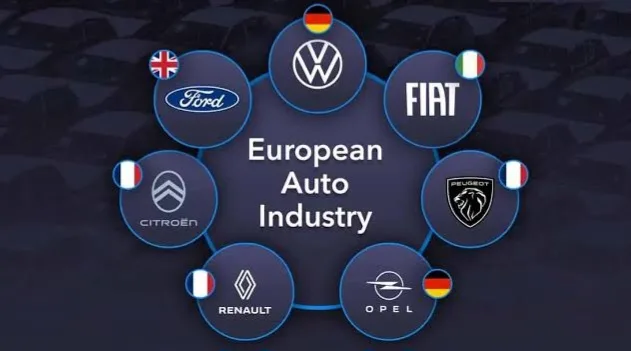Brussels, April 29, 2024, The Europe Today: European automakers have raised concerns regarding the inadequate development of electric car charging stations in proportion to the rising number of electric vehicles (EVs) on European roads, as revealed in a report issued by the European Automobile Manufacturers’ Association (ACEA) on Monday.
According to the ACEA report, EV sales have surged at a rate three times faster than the expansion of EV charging points across the 27 nations of the European Union since 2017. The association emphasized the urgent need for extensive infrastructure development, indicating that by 2030, the European Union will require a staggering 8.8 million charging points, necessitating the installation of 22,000 points every week – a rate eight times higher than the current deployment.
In contrast, the European Commission estimates a demand of 3.5 million charging points by 2030, highlighting a significant disparity between industry projections and governmental estimates.
The ACEA report underscored the critical role of EV infrastructure in stimulating greater consumer adoption of electric vehicles, a crucial component in achieving the European Union’s ambitious target of carbon neutrality by 2050. This target is enshrined in the European Climate Law, ratified in 2021, which mandates a collective reduction of greenhouse gas emissions by at least 55% by 2030 from 1990 levels.
Sigrid de Vrie, Director General at ACEA, emphasized the imperative of widespread availability of public charging infrastructure across the European region to facilitate mass-market adoption of electric cars and to align with Europe’s aggressive CO2-reduction objectives.
In response to these findings, European automakers urge concerted efforts from both public and private sectors to accelerate the deployment of EV charging infrastructure, ensuring seamless access and widespread availability to support the transition to sustainable mobility solutions.


